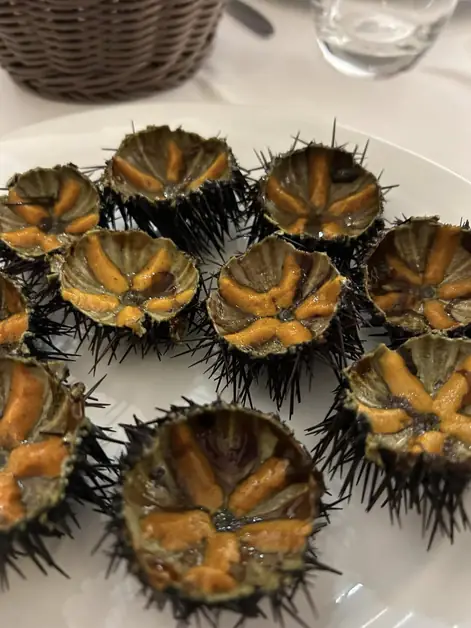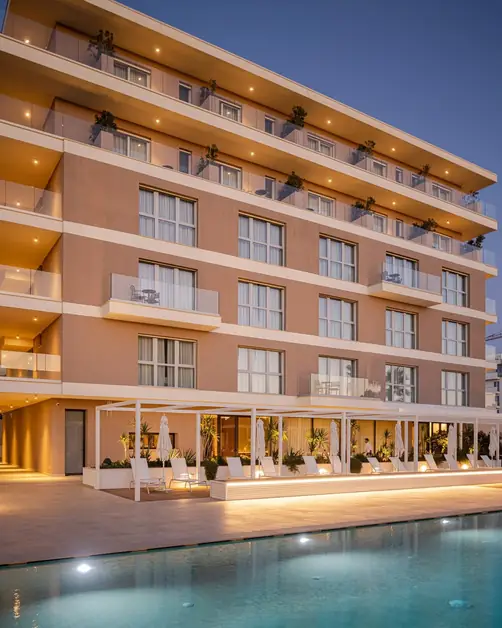Bari and Erasmus: Cultural Transformation
Bari has transformed into an international crossroads thanks to the Erasmus program, attracting students and enriching its culture.

In recent years, Bari has undergone a remarkable transformation thanks to the Erasmus program. This change has turned the city into a vibrant crossroads of diverse cultures and languages. The University of Bari, founded in 1925, has always had a good academic reputation, but it was with the adoption of the Erasmus program that it began to breathe an international atmosphere. Every year, hundreds of students from across Europe and beyond choose Bari as their destination for a semester abroad.
One of the main reasons Bari is so attractive to international students is the relatively low cost of living. Rent for shared apartments in the city center is more affordable compared to cities like Rome or Milan. However, it is not just about economics. Bari offers a perfect balance between tradition and modernity. Its historic center, Bari Vecchia, with its narrow streets and women making homemade orecchiette, coexists with modern neighborhoods and an increasingly vibrant nightlife.
The arrival of Erasmus students has had a significant impact on the local economy. Numerous venues, bars, and restaurants have sprung up to cater to international tastes. In the Umbertino district, restaurants like "Tokyo Sushi Bar" and "El Sombrero" have become gathering spots for international students. The real estate market has also benefited from this internationalization, with an increase in demand for short-term rental apartments.
Student associations, such as the Erasmus Student Network (ESN), regularly organize events that promote integration between local and international students. The "Erasmus Party" on Thursday nights at Demodè has become a staple for hundreds of young people. The university has expanded its offering of courses in English, attracting non-European students from countries like the United States, China, and Australia.
Walking along Bari's waterfront, it is common to hear Spanish, French, German, or English being spoken. Cafés like "Libriamoci" and "Caffè d'Arte" host language exchange evenings, where Italians can practice foreign languages and Erasmus students can improve their Italian. Souvenir shops, once aimed only at summer tourists, now sell products year-round thanks to the constant presence of foreign students.
Bari's gastronomy is enriched by culinary fusions. At "Fusion Med," for example, diners can enjoy dishes that combine local ingredients with Asian cooking techniques. Food markets, such as the one at Santa Scolastica, have expanded their offerings to include international products that were previously hard to find in the city.
However, this rapid change has not been without challenges. The increase in rents in some areas has created tensions with the local population. Nevertheless, most Bari residents have welcomed this new international dimension of their city. Local institutions have recognized the importance of this phenomenon and are investing in facilities to solidify Bari's role as an international university city.
A new campus is under construction in the Japigia area, featuring modern student residences and spaces for cultural activities. Today, Bari stands as an example of how a program like Erasmus can transform not only the lives of participating students but also the very identity of a city. From a traditional Mediterranean center, Bari has evolved into a place where diverse cultures meet and enrich each other.



